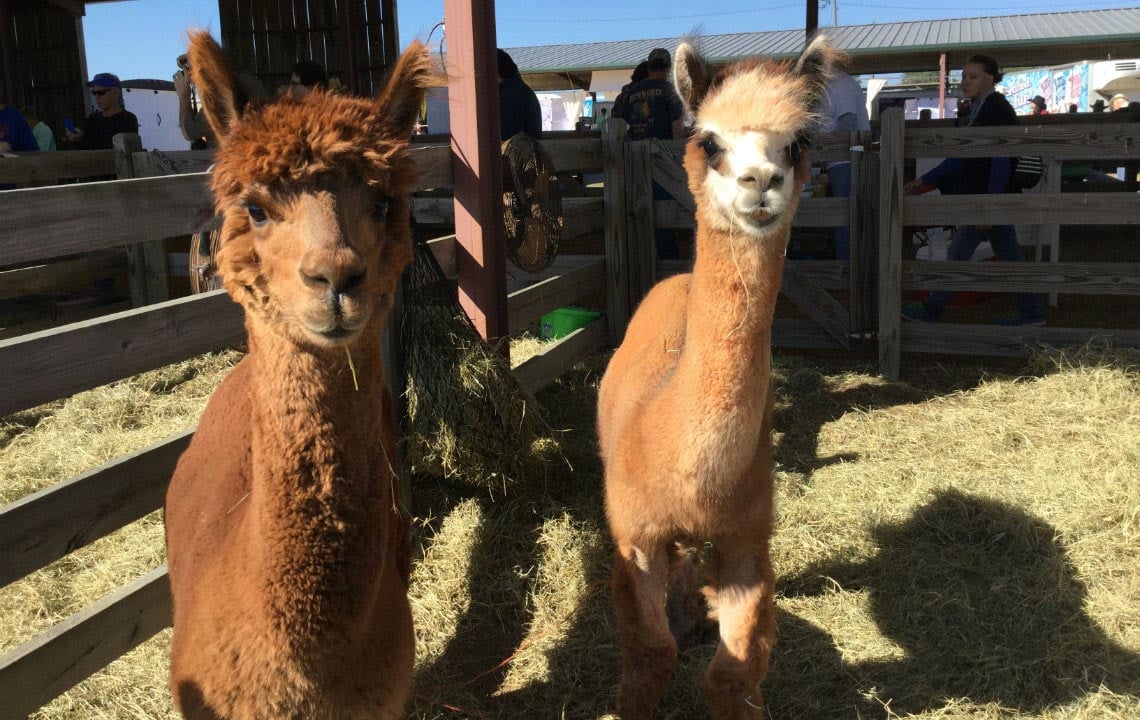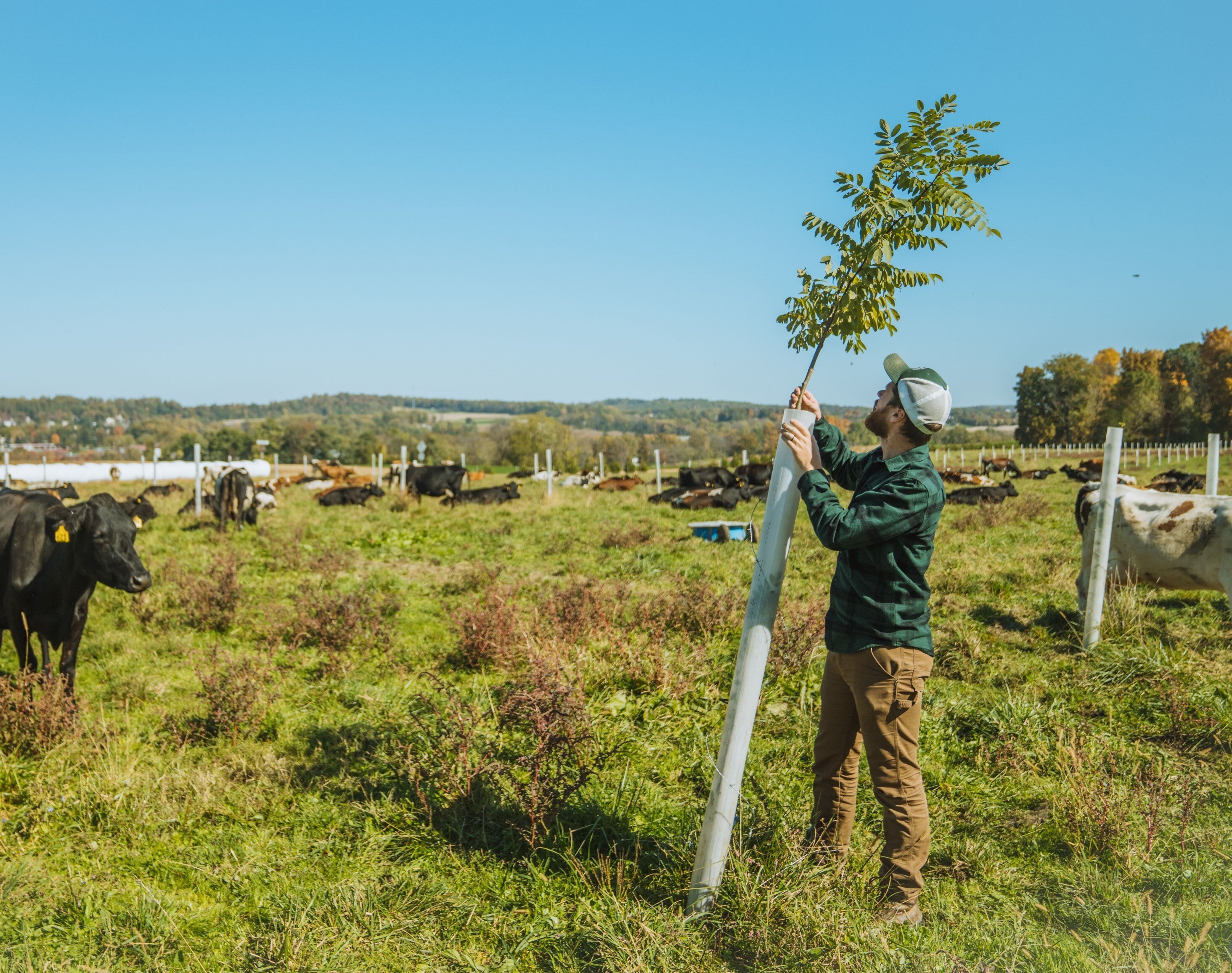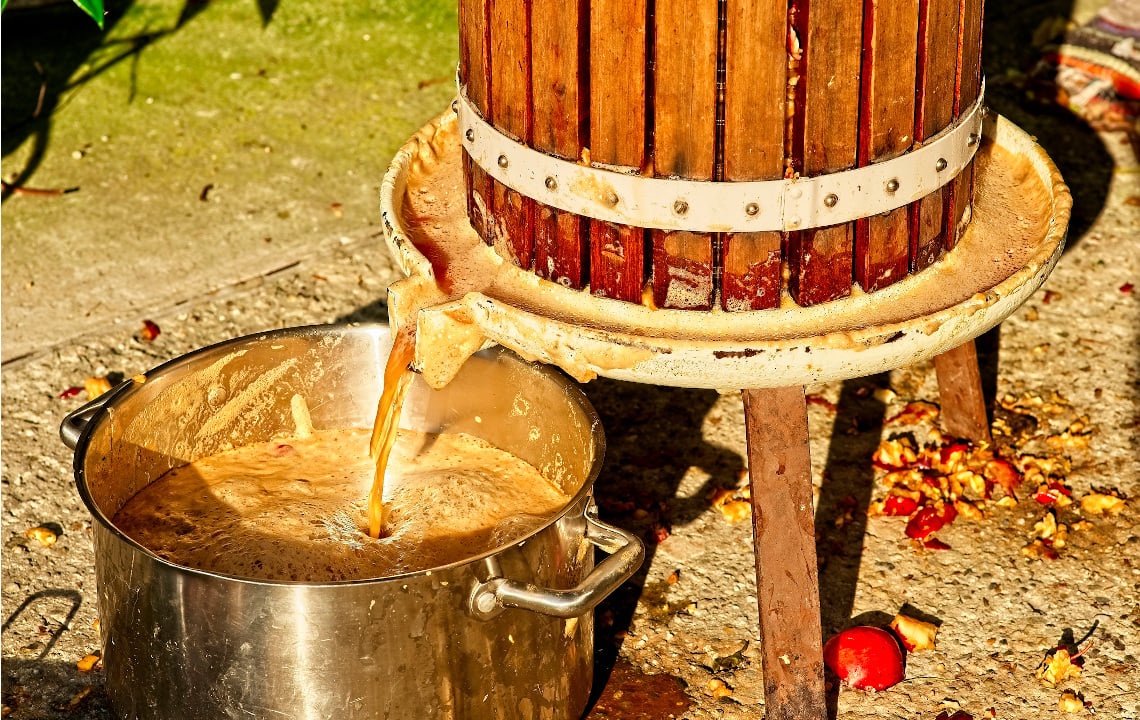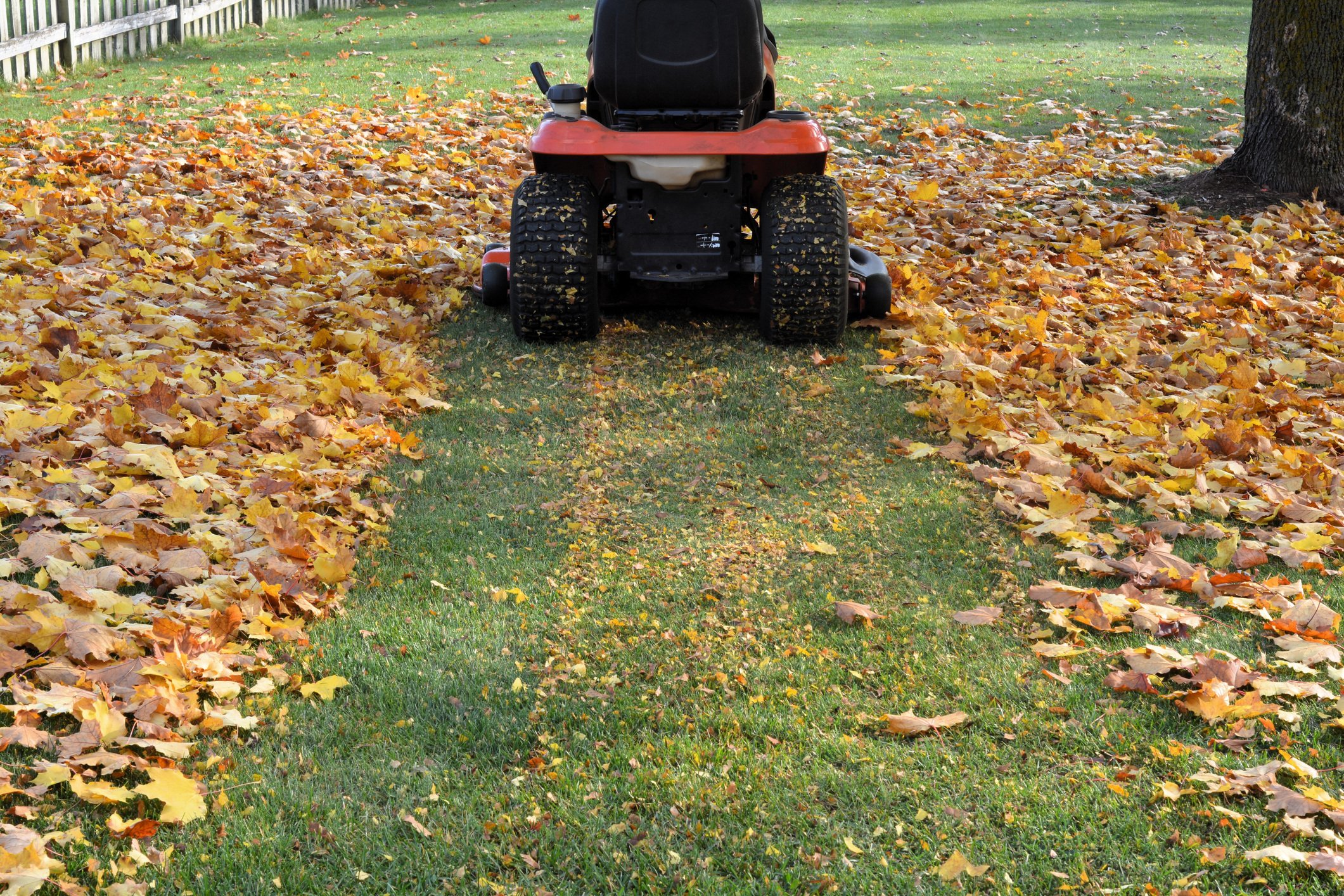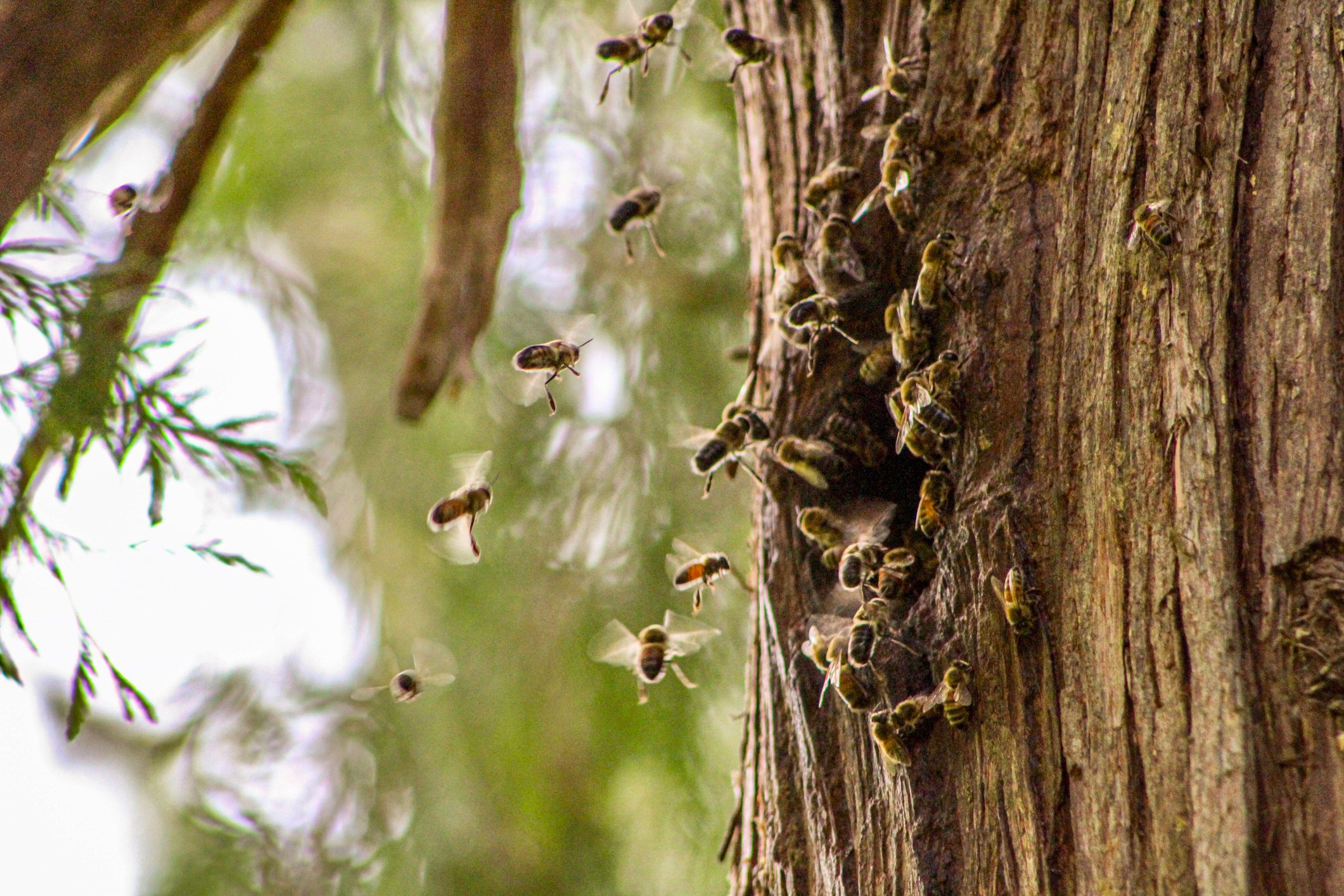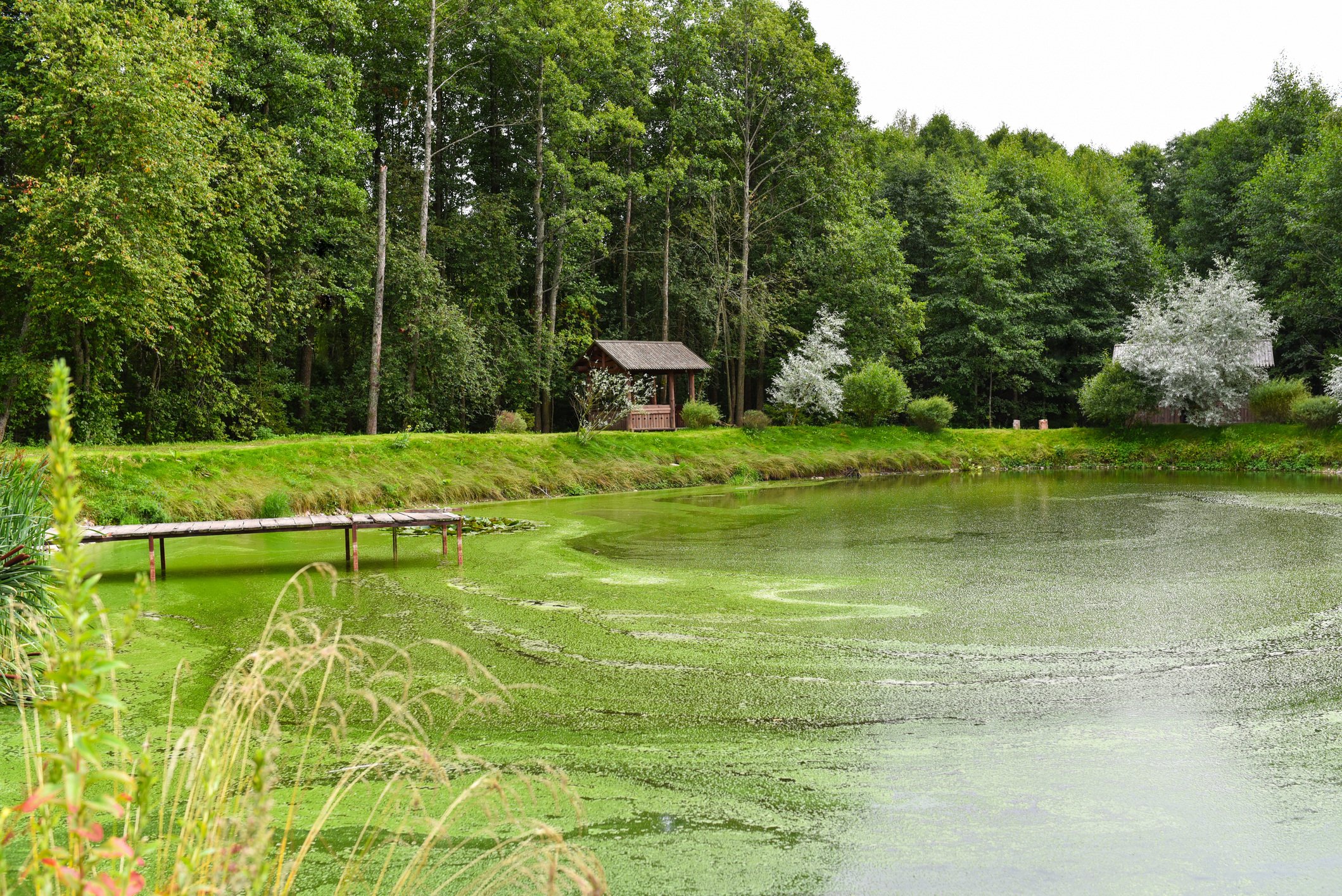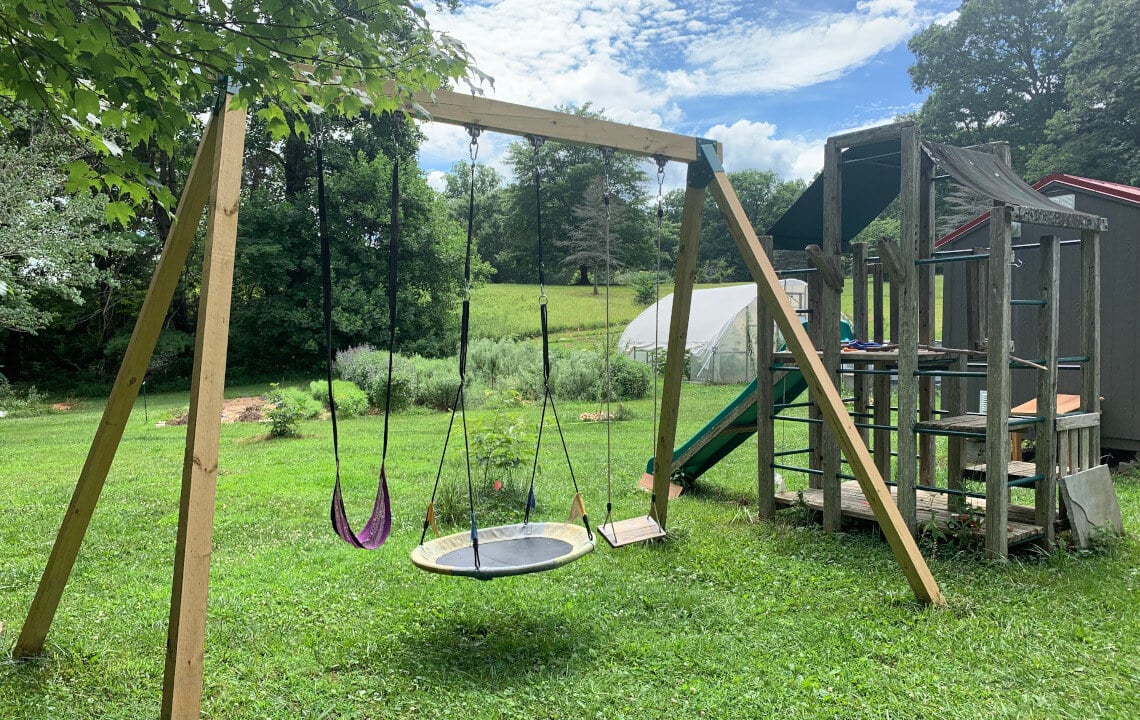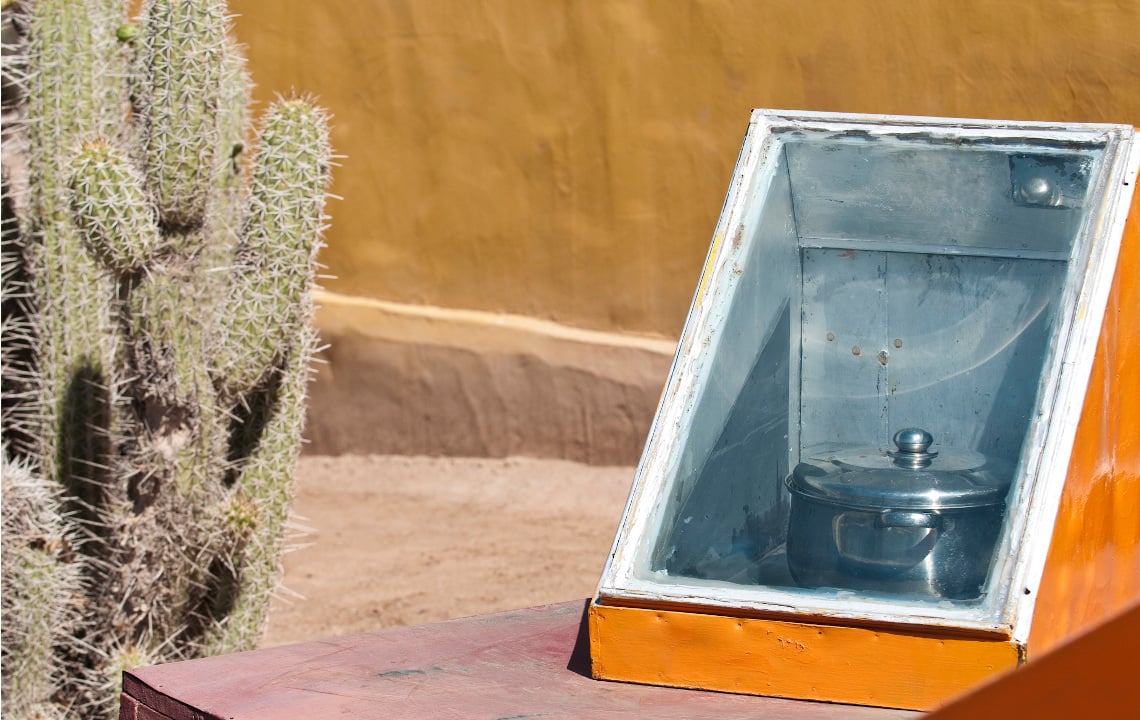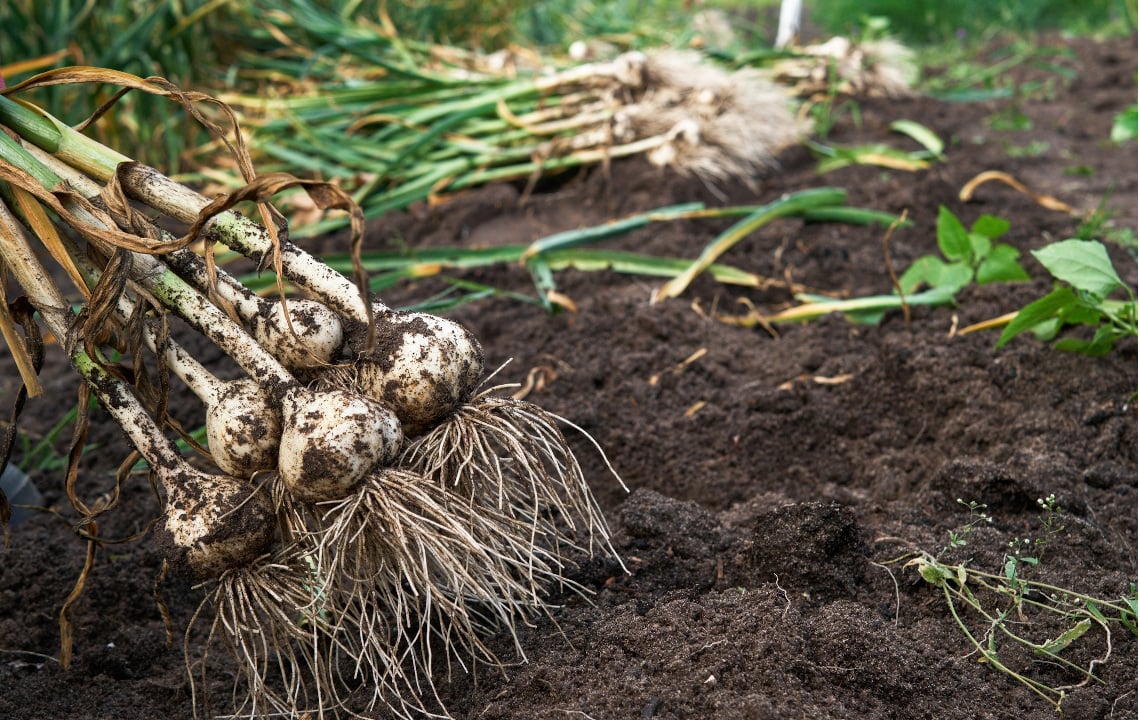MOULTRIE, Georgia -- Nicole Taylor was a lifelong “horse person,” but when the then-single mom quit her job and moved to the country in the mountains of North Georgia, she wanted to find livestock that would be easier to manage.
“I wanted something I could handle, train, love on, play with - but not get hurt,” she said during a break from weaving alpaca fleece on a loom at the 2015 Sunbelt Ag Expo.
Alpacas were the ideal answer: the gentle animals weigh just 100 to 200 lbs. and don’t bite or butt. Their teeth aren’t sharp, and they have padded feet. Their only real “offense” is that they spit, but normally they only spit at each other, usually to protect their food.
“They’re quiet, docile animals, very safe to have kids around,” said Taylor, who encourages owners who board their alpacas on her farm to involve children in the animals’ care. The Cleveland, Georgia, farm, Adonai’s Alpacas, is home to more than 50 alpacas.
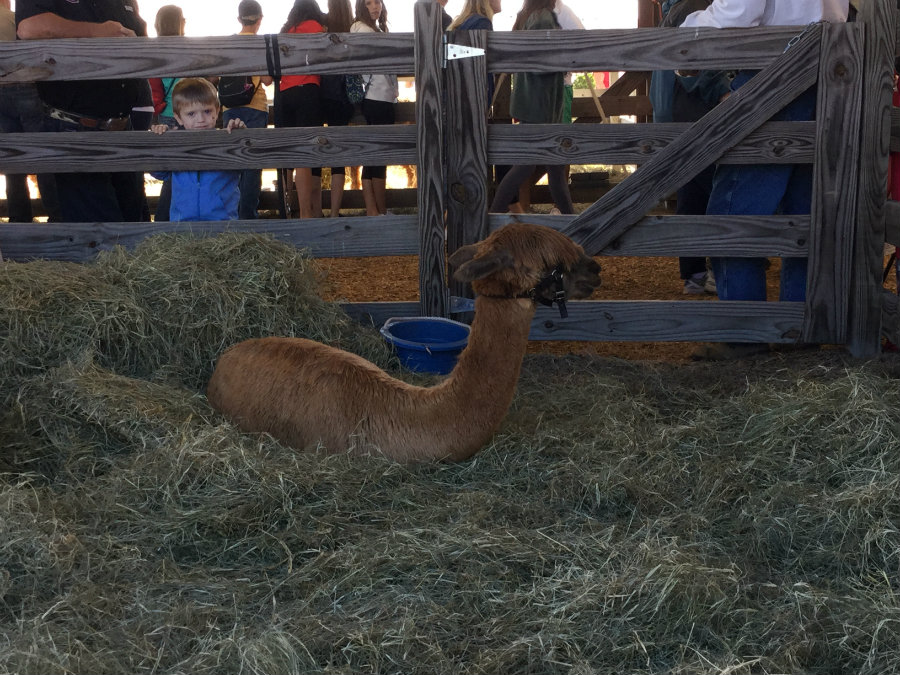
There are two main breeds of alpaca: the fluffier Huacaya, and the Suri, as shown here, which has pencil-like locks.
Jane Hayes decided she wanted to own alpacas after watching an infomercial about them. Working in Atlanta at the time, she couldn’t keep them on her own property. So she purchased 8 alpacas from Taylor and boarded them at Taylor’s farm, Adonai’s Alpacas.
Over the next three years, she fell in love with the animals as well as the farm. She spent every weekend there, helping Taylor with her farm chores. When she retired, she decided to move to Cleveland.
“I bought the house across the street from the farm! That’s how much I love my alpacas,” said Hayes, who was standing in a pen with two alpacas at the expo. She beamed as children took turns petting the animals’ soft fur, stroking their fluffy necks.
Next to another pen nearby, Leonard Bates, another of Taylor’s boarders, said he purchased his 14 alpacas largely “because of their cuteness.” Their soft fiber was also a major factor, as the animals provide a generous supply of yarn for his wife to crochet garments that she sells at events.
But, beyond the “fun,” the Tega Cay, South Carolina, couple soon became active in the alpaca owners community, showing their alpacas in competitions and joining (and later serving on the board of) the Carolina branch of the Alpaca Owners and Breeders Association.
“There are about 270,000 registered alpacas right now in the U.S.,” Bates said. “There are millions in South America. We don’t have the quantity here to compete in the garment industry outside the U.S. in places like Europe - but hopefully that will change.”
He said alpacas, which are native to the Andes Mountains, were brought to the United States with the hope that controlled, selective breeding would produce an increasingly higher quality fiber. The alpacas with the best quality fiber, and whose fiber stays high quality the longest throughout their lifetime, will be bred.
Bates explained that younger alpacas produce a finer fleece.
“In South America, they’re lucky to live past the age of 7, because their fiber becomes coarser and they’re used instead for meat. They’re a main food staple there,” he said. “Some large alpaca farms in the U.S. have started to process them for the meat, but it’s frowned on by most of us because they’re too cute.”
He said most alpacas live to about the age of 20 in the U.S.
There was a fad in the early 2000s, when many people suddenly wanted to own alpacas and they were selling for $10,000 and $20,000 and more per-alpaca. But a lot of the buyers weren’t well-educated on the responsibilities of owning animals, and the market suddenly plummeted. Today, it is recovering as owners are more educated. Now, a fiber male sells for a much more realistic $500, and a breeding female sells for about $2500, said Taylor, the farm owner, who stresses education every step of the way for her buyers. The farm has mentoring packages for first-time buyers that cover breeding, sales, business plan development and owner education. Next, Taylor dreams of starting a program for single moms, to show them how they can generate an income raising the animals and selling their fiber.
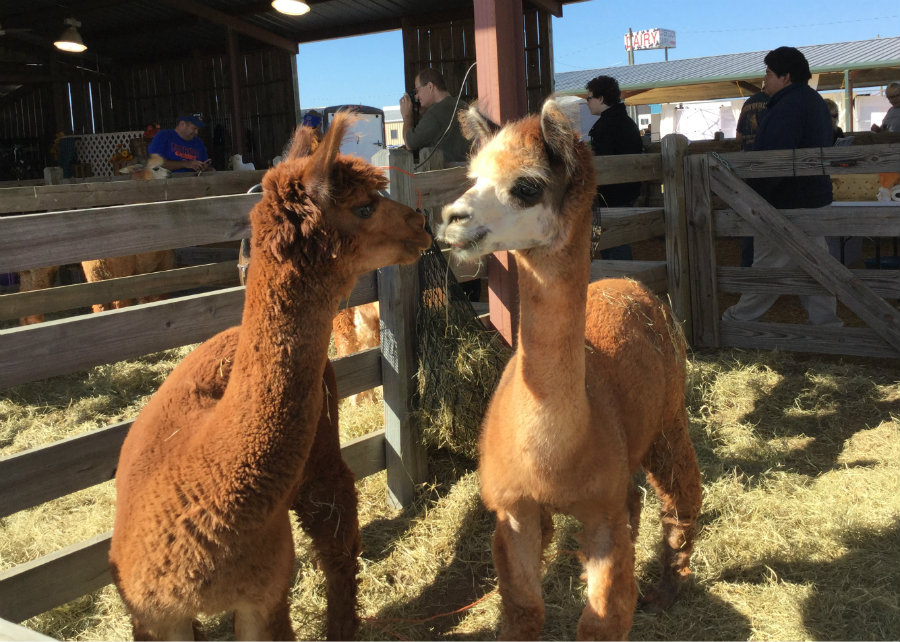
Alpacas are extremely social animals.
Before you decide whether you want to own alpacas, Taylor said there are several factors to consider:
-
They’re very social animals who make a humming noise to converse with each other, so plan to buy more than one.
-
With their warm fleece, alpacas are sensitive to heat. They do best in cooler climates, but can manage as far south as Florida if given appropriate shade and extra air circulation, such as a large fan.
-
It will take about 3 years to recoup your initial investment on a breeding female.
-
They’re not indigenous to the U.S., so be mindful of parasites.
-
They do not defend themselves, so make sure you have good fencing and perhaps even a guard animal, such as a llama, donkey or dog, that will protect them.
To learn more about Taylor’s farm, visit AdonaisAlpacas.com.
If you're looking for land to start your dream hobby farm, visit RaydientPlaces.com, which features rural acreage throughout the southern United States.


